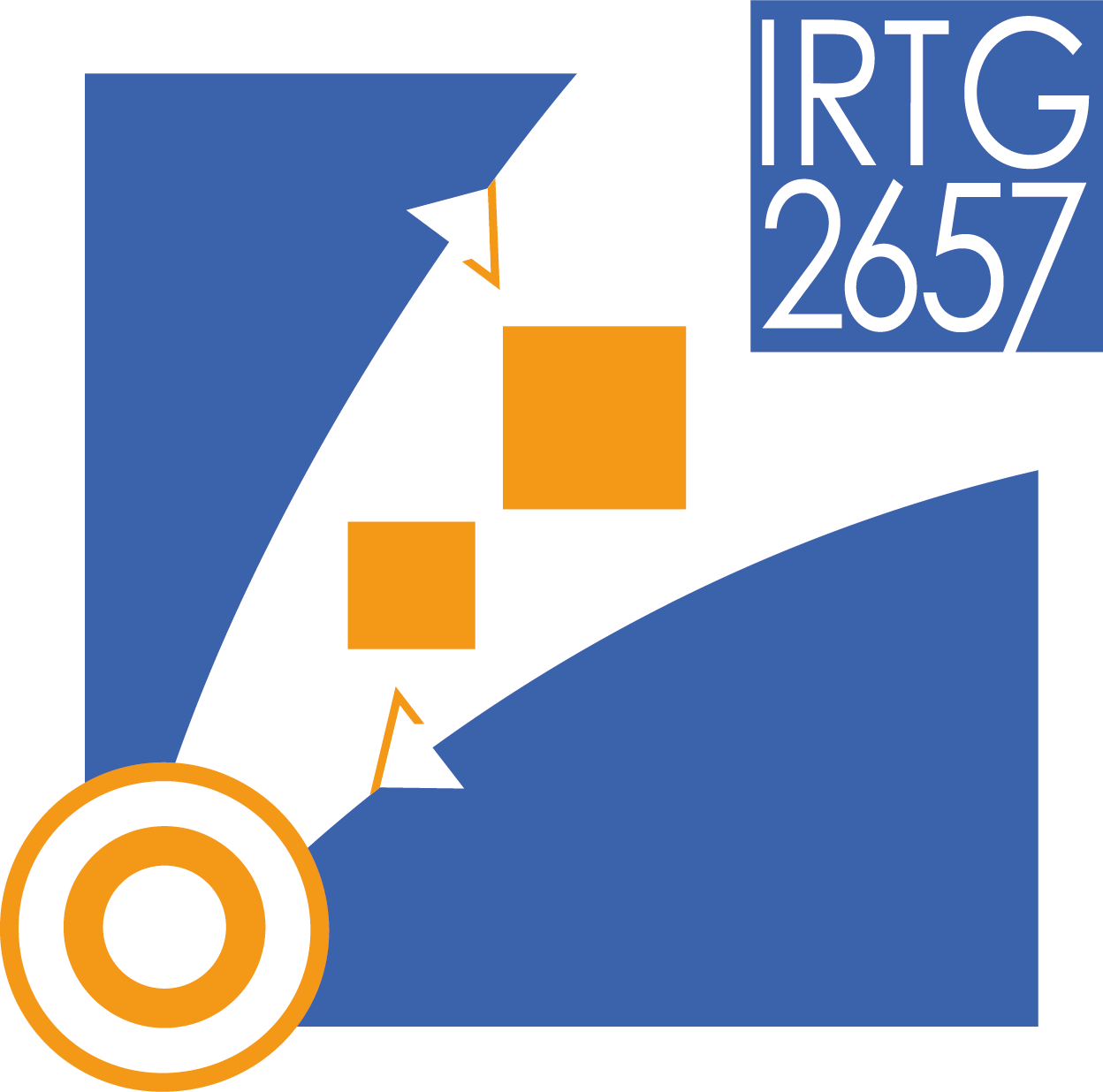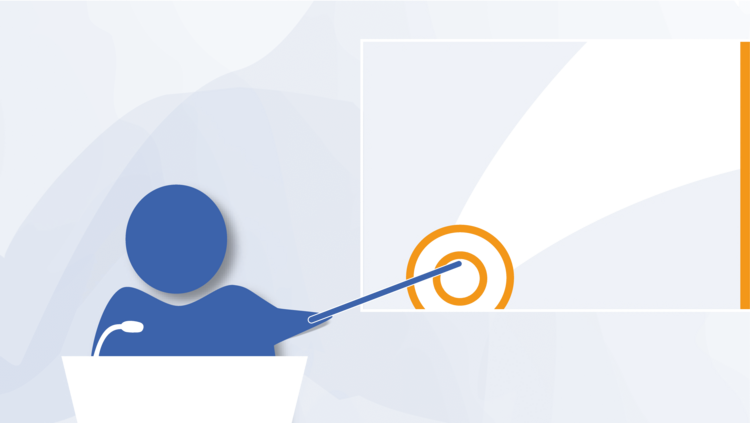Many advantages can be gained from applying supervised machine learning (ML) via an
artificial neural network (ANN) to multi-scale modeling through computational
homogenization of microscopically heterogeneous representative volume elements (RVEs).
These advantages are mostly connected to computation efficiency and accuracy.
In this connection, this presentation discusses the method to generate ML-based objective
(frame-invariant) anisotropic material models, such as within crystal plasticity. For instance,
in dealing with the lack of objectivity within anisotropic elastoplasticity, the spectral form
representation of the stress and strain tensors can be applied. This allows the construction of
three coordinate-free invariant metrics, which are the Euclidean distance between the Euler
Angles, the distance from the identity matrix, and geodesic on the unit sphere in Lie algebra.
These metrics can be employed to constitute objective (loss) functions for supervised
machine learning, wherein the aim is to minimize the distance between the true and the
predicted 3D rotation entities. Other approaches that might lead to improving the accuracy
of the final ML prediction, such as the application of informed-graph-based ANN or the
automatic choice of the NN settings (NN meta parameters) via deep reinforcement learning
(RL), will be addressed in this presentation. This presentation introduces also the
incorporation of trained Neural Networks (NNs) into the Finite Element (FE) Abaqus
framework using a user material (UMAT) subroutine.









